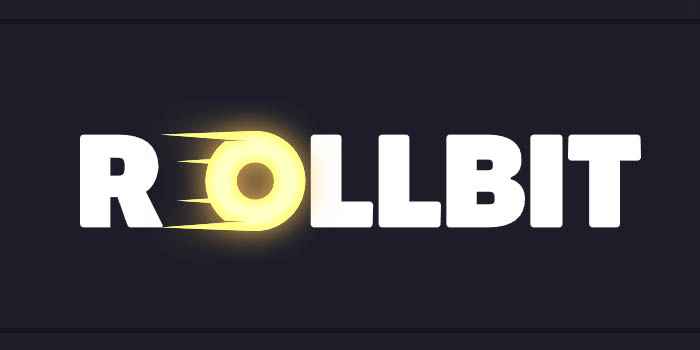ASIC Lists a Guide to Helping Australians Tackle Crypto Scams

The Australian Securities & Investments Commission (ASIC) has published a ten-point advice in which the regulator outlined how to detect and avoid scams and what to do if a consumer has already fallen for one. This publication is part of Scams Awareness Week, which ASIC is keen to address as the number of fraudulent investment schemes targeting Australians has significantly increased over the past year and has been growing steadfastly.
ASIC Wants to Do More to Protect Consumers
ASIC has identified three main types of fraudulent activities that are now systematically targeting Australian citizens. The first has to do with traditional crypto scams whereby fraudsters convince consumers that they are investing in actual assets, which are usually advertised through an exchange, website, or app, but those platforms are fake as well.
There are also fake cryptocurrency tokens, most commonly referred to as “rug pull schemes” whereby people invest quickly into the cryptocurrency for the holders to cash out the liquidity and devalue it in a matter of hours. Then again, there are those scams that solicit crypto payments to cover their tracks. All three types of scams have been increasingly popular in the country, ASIC cautions.
Deputy chair Sarah Court said that more than $701 million has already been lost to such investment scams in 2021, a 135% increase from 2020. Cryptocurrency investment scams have increased by 270%, the official said and added:
“Given this concerning trend, we want to arm Australians with the information they need to protect themselves from scammers.”
Deputy chair Sarah Court
ASIC has also added its ten-point list which it hopes will be helpful in assisting consumers to remain protected. Among the telltale signs of a scam are the suddenness of the offer and the urgency of its realization, ASIC warns. Many times, the likeness and imagery of celebrities are also used to make it look as if a genuine endorsement by a prominent personality, but it’s not.
There Are Tell-Tale Signs That Crypto Scams Have
Fraudsters similarly try to foist onto people’s apps that are not listed on the Google Play Store or the Apple Store. Another powerful incentive is the use of language that promises guaranteed returns, which is a problem with regulated exchanges and crypto investment firms as well.
However, over time, consumers may find themselves in difficult situations, such as the investment programs asking for increased participation or refusing to return funds upon request. Once this happens, Court advises consumers to call their banks and block any pending transactions, block communication with the scammers, and alert authorities.
Court similarly added that the financial cost of those scams is not all there is, as there are often emotional and personal implications that go well beyond the lost financial amount in the first place.
Although Fiona doesn't have a long-spanning background within the gambling industry, she is an incredibly skilled journalist who has built a strong interest in the constantly growing iGaming network. The team at GamblingNews.com is glad to have her on our roster to help deliver the best stories as soon as they hit. Aside from writing, she loves to dabble in online casino games such as slots and roulette, both for her own enjoyment and also as research to better improve her understanding of the industry.















